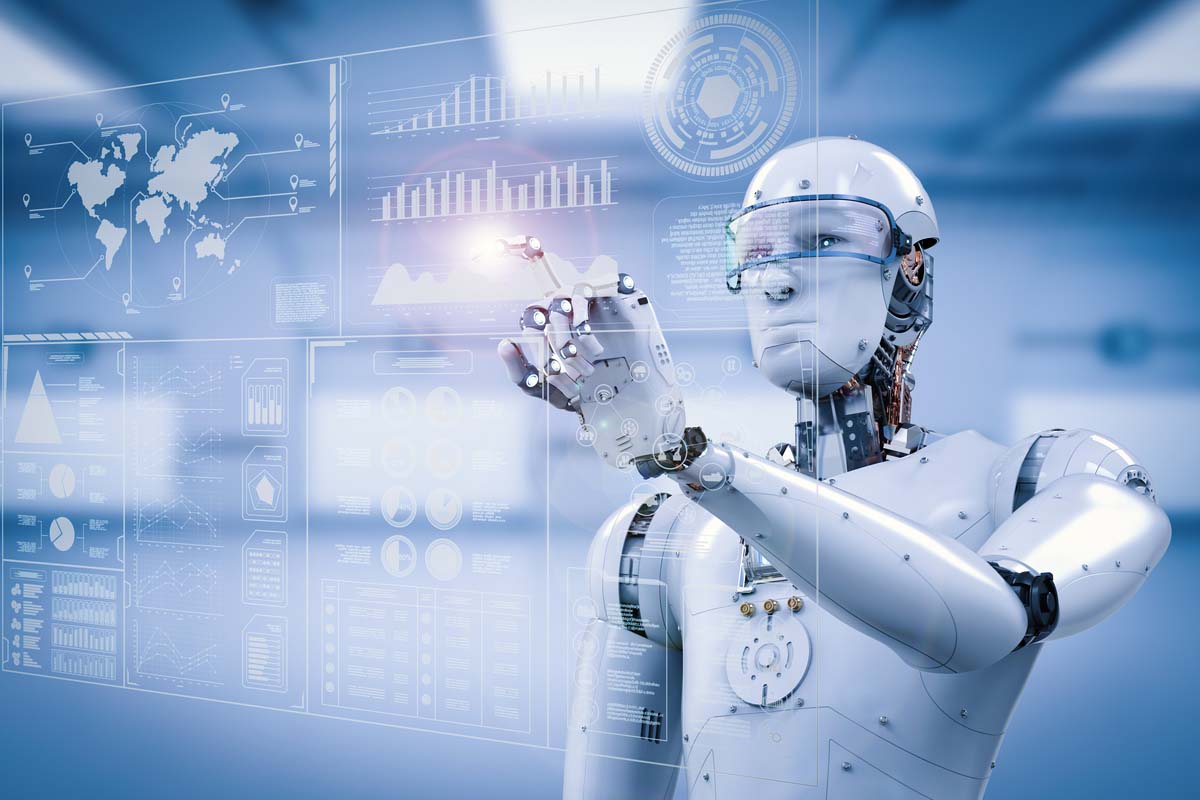Technology is helping human beings to resolve many problems which were once considered impossible. The use of robots is a common feature in automobile industry, aerospace technology, medical science and other advanced sectors benefiting the civilization.
The use of artificial intelligence is put into use to take over a difficult task and to resolve it efficiently with nearly zero error.
Advertisement
Days are not far when robots, performing like human beings, will replace human beings.
Professor Biswarup Neogi from Chinsurah, Hooghly, who is dean Research and development coordinator, AICTE IDEA LAB JIS College of Engineering, Kalyani, with his team of five have developed a humanoid robot, better to say a mechanical clone of human bring.
A team of students from JIS College of Engineering, working under the guidance of Dr Neogi, has developed a cost-effective humanoid robot, leveraging artificial intelligence (AI) and robotic engineering. The team, comprising Arka Rajak, Roushan Kumar Yadav, Sagar Shaw, Souvick Kumar Guha and Harsh Kumar Shaw, completed the project in just five months at the AICTE IDEA Lab of the college. The project demonstrates how AI technology can be utilised to create a humanoid robot capable of alleviating loneliness and providing companionship.
The robot is proficient in Bengali, Hindi, and English and is designed to provide prompt answers across a wide range of subjects, including mathematics, general knowledge, sports, and politics. Its versatility and ability to engage in natural conversation makes it a groundbreaking development in the Indian market. The project cost was approximately Rs 60,000, making it highly affordable compared to similar robots developed internationally, which cost several crores.
Unlike expensive international models, this Indian-made humanoid is an innovative and budget-friendly solution. Professor Neogi emphasised its potential applications in schools, colleges, shopping malls, and other commercial spaces. The team also envisions integrating cloning technology in future iterations, enabling the recreation of voices and appearances of individuals for memory preservation and enhanced human interaction.
The robot serves as a significant milestone in the field of AI and robotics. Its creation showcases how Indian ingenuity can produce cutting-edge solutions at a fraction of the cost of international models, opening up new possibilities for both personal and commercial application.











